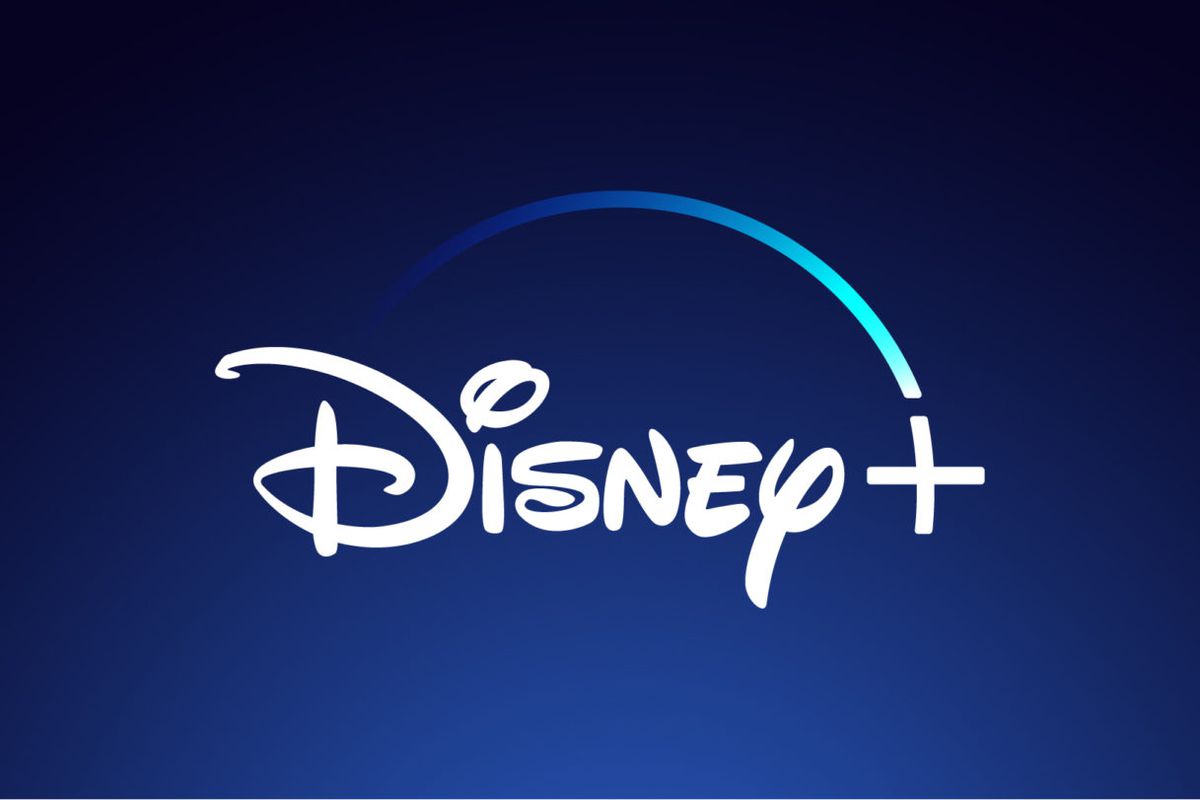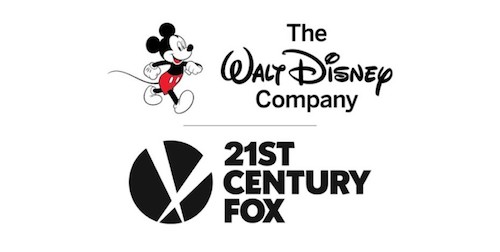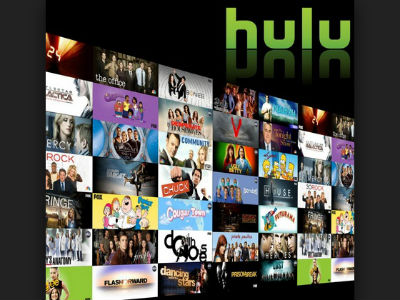Disney Investor Day: Feast or Famine?
The smarter way to stay on top of the multichannel video marketplace. Sign up below.
You are now subscribed
Your newsletter sign-up was successful
The Walt Disney Co. is expected to pull the covers off its new entertainment streaming service -- Disney + -- tomorrow at its Investor Day in beautiful downtown Burbank, California. And though the content giant has promised to shed light on its somewhat dusky OTT strategy, analysts are mixed at what they will actually see.
Disney announced Disney + in November, and has let some information dribble out in the interim concerning shows -- a new live action Star Wars series helmed by Iron Man director Jon Favreau (The Mandalorian), new Marvel series and live-action reboots of animated films like Lady and The Tramp. But several key questions -- including pricing and just what the service will mean to other Disney licensing deals -- have remained unanswered.

Disney has promised at least a somewhat deep dive into its streaming strategy at the Investor Day, which is scheduled to start at 5 p.m. Eastern Time on April 11 and end by 8:30 p.m. Here’s a look at what some analysts say they hope they’ll see and some things they won’t.
Lots of Video Clips of Content: Sanford Bernstein media analyst Todd Juenger wrote in a note to clients that investors hungry for video clips of shows and other snippets of content from the Disney + service should get their fill.
“They will perhaps show mocked-up screen shots of the interface,” Juenger wrote. “They will definitely remind everyone of the 2019 movie slate. They will introduce the Fox assets and capabilities, for the first time under the Disney umbrella. They will talk at high level about the appeal of the DTC strategy, the power of the Disney brands, the end market potential for DTC, the strategic benefits of having direct customer relationships (and how that can be exploited across divisions).”
Guidance: Some analysts like Morgan Stanley’s Ben Swinburne have stated they hope Disney will give at least some guidance as to their streaming plans - although he wrote in a note to clients that he hopes they don’t give long-term subscriber guidance, given the inherent uncertainty. But as far as financial guidance, Juenger believes investors shouldn’t hold their breath.
“Disney is not going to put themselves in a box by giving guidance,” Juenger wrote. “Not going to make promises that they then have to keep (or break), even if circumstances unfold differently than they expect (which, of course, they will). Even on the most basic of inputs.”
The smarter way to stay on top of the multichannel video marketplace. Sign up below.
But Juenger held out hope that Disney would show at least some signs of how aggressive they plan to be, but added that investors had to watch for them carefully.
“How willing they are to sacrifice near-term earnings/FCF in pursuit of the future opportunity,” Juenger wrote. “This will not be in the form of guidance, but in the form of the code words and body language chosen by the management team.
Wolfe Research managing director Marci Ryvicker is hoping for a little more, although she wrote in her weekly “What’s Hot, What’s Not” note to clients that any optimism around receiving meaningful insight may have more to do with whether investors are in for the long or short term.
Related: Disney: Direct-to-Consumer, International Losses Doubled in 2018
Ryvicker noted that hedge fund managers were worried that they wouldn’t get much out of the Disney Investor Day -- maybe some original content spend figures and international launch dates -- while long-term investors were more optimistic.
“On the other hand, a bunch of long-onlies are thinking we could get sub targets for the next few years as well as enough information to allow us to model all the way down to EPS for the DTCI segment,” Ryvicker wrote. “As one long-only said ‘I am not flying to [California] to watch movies…’”
Ryvicker added she was more on the positive side, and that the Investor Day is an opportunity for Disney to “clear up a lot of the uncertainty and explain its complete DTC strategy – with Hulu and Fox content, etc.”

She has estimated that Disney would attract about 9 million subscribers to Disney + in the first year, ramping up to 31 million by 2023. She has also predicted the service would be priced around $7.99 per month -- based on current pricing for Netflix and CBS All Access -- rising gradually over time.
“As we’ve previously stated, we think Disney’s brand, reputation, and touch points across TV, films, retail and its parks should provide strong awareness for Disney+ (and the media attention certainly helps),” Ryvicker wrote in a research note.
Related: Disney Encouraged By Streaming Numbers
Exclusive, or Not: One of the biggest questions on analysts’ minds is whether Disney will put all of its content under its own umbrella or continue to license some to third parties.
Analysts have estimated that Disney receives between $5 billion and $8 billion annually from content licensing, so giving up that much revenue won’t be easy. But they also wonder how successful a streaming service can be if a large part of Disney’s library is available from other sources for free or at a reduced price.
Juenger estimated that Disney will take its content in-house, but that it will take time.
“For us, it comes down to this: the transition to DTC has been described by management as the single biggest strategic priority for the company,” Juenger wrote. “We expect, therefore, they will do everything in their power to maximize its chances of success. The entire proposition of DTC, we think, is supposed to be: ‘if you want to watch our great content, sign up to our service.’ If that's the proposition, then the only logically consistent expectation is that, in most cases, Disney will over time put its content exclusively on its DTC service.”
Related: Disney Closes Fox Deal
Hulu: Most analysts are hoping for a deeper dive into Hulu, which despite its 25 million customers and $4 billion in revenue, has taken a back seat to Disney +.

In a research note, Swinburne wrote that Disney’s control of 60% of Hulu -- via its purchase of 21st Century Fox assets -- brings immediate scale to the streaming service but also heavy losses -- between $1.3 billion and $1.6 billion per year, by some estimates.
“We hope Disney articulates a growth strategy at Hulu, including its latest thoughts on launching internationally,” Swinburne wrote.
For some, Hulu could be the streaming outlet for some of the racier Fox content Disney purchased as part of the Fox deal.
“Disney is not going to put R-rated content inside a Disney-branded product. (We agree),” Juenger wrote. “So the only logical conclusion is that Hulu becomes the home for this type of content, and it becomes a ‘companion’ product to Disney+.”
While that would appear to fragment Disney’s offerings -- forcing consumers to buy two products -- Juenger wrote it could work to Disney’s advantage.
“...Disney will co-market them and position it as being consumer friendly,” Juenger wrote. “‘We won't force you to buy both. You like our wholesome, family-oriented Disney content? Disney+ is for you. You like the edgier dramas and raunchy comedies? Hulu is for you. Better yet, buy them both and get a discount’. So far, so good.”
But unlike its much larger rival Netflix, Hulu has practically no international presence -- the service is available in Japan where it was sold to a local broadcaster in 2015. That could pose problems, Juenger added, given that the Hulu brand doesn’t mean anything outside the U.S. and that its international content portfolio -- basically the Fox library and ABC -- is a bit lacking.
“We're not sure that content proposition has much/any distinguished appeal to consumers in those markets,” Juenger wrote. “It's really no different than CBS All Access, or the upcoming Universal or Warner SVOD services. Basically each studio having its own individual service. Begging the question, will Disney heavily invest in licensing content in international markets from other third parties? Will Disney heavily invest in new, original, exclusive content for Hulu global?”
